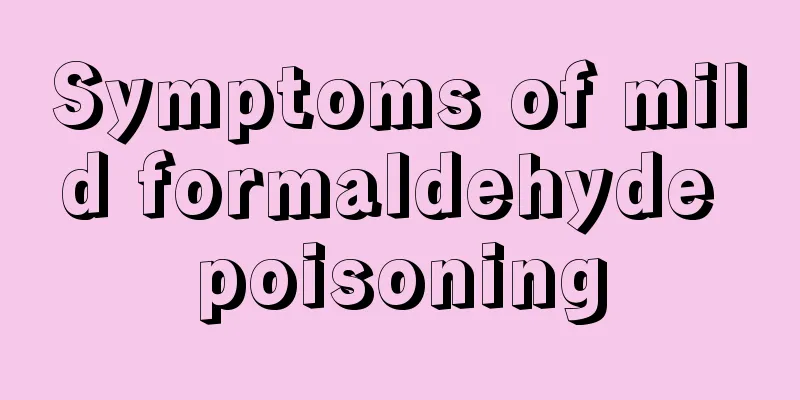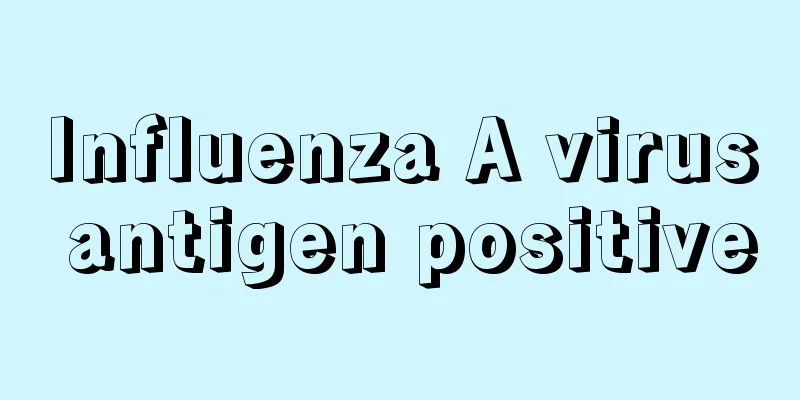What causes eye muscle twitching and how to deal with it?

|
The eyes are one of the most sensitive organs of the human body and will react greatly to external stimuli. For example, some people will experience tears when their eyes are exposed to wind, while others will experience eye muscle twitches for no reason, which will have a great impact on the patient's pace of life. Let’s take a look at what causes eye muscle twitching and how to deal with it. People with eye problems must learn about this. Blepharospasm is an unexplained, involuntary spasm and twitching of the muscles in the facial nerve innervation area. It is more common in middle-aged and elderly people. It is a neurological disease that causes great mental and physical pain to patients and also greatly affects their appearance. It does not have the clonic twitching of the lower facial muscles. The duration of the spasm can be long or short, and the spasm is manifested by repeated involuntary and strong eye closure. Many patients with blepharospasm have endured pain for a considerable period of time before receiving a clear diagnosis and treatment, and timely treatment is often delayed due to misdiagnosis. During injection treatment, use a No. 5 long needle to make a subcutaneous or intramuscular injection 2 to 3 mm away from the eyelid margin. Half of the dose for the upper eyelid is injected in the inner 1/3 and the other half in the outer 1/3. The middle 1/3 is not injected to avoid affecting the levator palpebrae superioris muscle. The dose for the lower eyelid can be injected 5 mm lateral to the outer eyelid. The dosage range is: 5-25u/each eyelid, 5-75u/each eye. Another commonly used method is to inject 2.5 to 4 u each into the inner and outer orbicularis oculi muscles of the upper and lower eyelids. Usually 4 to 6 sites are required per eyelid. Some people inject 2 or 3 additional sites in the supercilious area. Inject 2.5 to 10 u at each injection site. Injection method three: the injection sites are one site each on the inner and outer orbicularis oculi muscles of the upper and lower eyelids, one site 5mm outside the outer side, and one site each on the inner and outer sides of the eyebrow arch. Inject 2.5 to 10 u at each injection site. Injection method four: the injection sites are one site each in the inner orbicularis oculi muscle of the upper and lower eyelids, one site each in the middle and outer 1/3 of the lower eyelid, one site 5mm outside, and one site each in the inner and outer parts of the eyebrow arch. Inject 2.5 to 10 u at each injection site. For patients with hemifacial spasm, in addition to the eyelid sites, corresponding injection sites are selected on the lower face, lip side and temporal side muscle spasm sites. Inject 2.5 to 10 u at each injection site. |
<<: Does saliva have antibacterial and anti-inflammatory effects?
>>: What exactly does aspartate aminotransferase refer to
Recommend
Mercury Allergy Symptoms
If we want to be healthy, we must pay attention t...
Side effects of Achyranthes bidentata and the correct way to drink it
Huai Niuxi is a traditional Chinese medicine made...
Can liver cancer patients have children?
Can women with liver cancer still have children? ...
Does the tongue coating need to be cleaned
The tongue coating needs to be cleaned. Failure t...
What is the fastest way to remove paint smell?
The smell of paint is quite unpleasant, and most ...
What are the causes of stomach pain and frequent hiccups?
Many people's stomachs are not in good condit...
Can gout patients eat green vegetables?
If a person's uric acid level is higher than ...
Regular consumption of green tea can effectively help prevent stomach cancer
Gastric cancer is a malignant tumor with a poor p...
How long can breast cancer survive? 3 factors that affect breast cancer survival
Breast cancer accounts for a large proportion of ...
How to detoxify the liver and gallbladder
Everyone knows that our liver and gallbladder org...
Is toothpaste without fluoride good?
Currently, toothpaste on the market can be divide...
Necessary items to bring when traveling to Yunnan
Colorful Yunnan is the beautiful impression that ...
How to whiten teeth with lemon
Many people want to make their black teeth whiter...
What are the characteristics of the harm of hamartoma
Now we are far away from war, far away from pover...
What are the early symptoms of bladder cancer
What are the early symptoms of bladder cancer? Ab...









